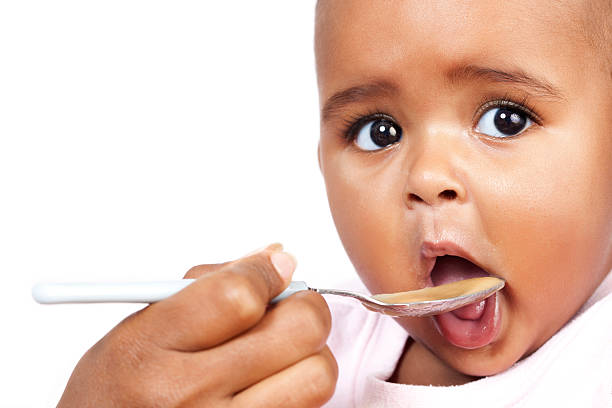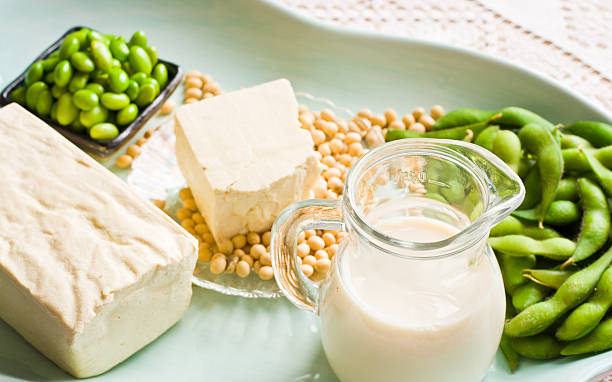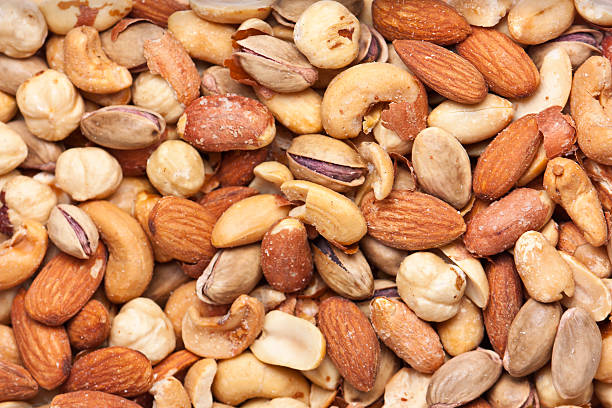
Baby eczema can be a difficult condition to live with.
It can be hard to manage eczema in infants and toddlers, as several factors can contribute to a child’s symptoms.
In some circumstances, making changes to a child’s diet can help reduce symptoms of baby eczema. Eliminating certain foods from a child’s diet may help prevent flare-ups.
Here are some foods to consider avoiding for babies and toddlers with eczema. It’s best to speak with a healthcare professional before eliminating foods from your child’s diet.
Dairy

Cow’s-milk allergy is the most common food allergy in young children. Dairy products like milk, yogurt, and cheese are also common triggers for eczema.
One study found that 39% of children with food-triggered eczema developed an immediate reaction after drinking cow’s milk.
Another study reported that infants with eczema were six times more likely to have an allergy to cow’s milk or eggs than infants without eczema.
Several plant-based kinds of milk are available as an alternative to cow’s milk, including soy milk, almond milk, and cashew milk.
Be sure to check the ingredients lists carefully. Some milk alternatives are high in calories and added sugar.
RELATED: Eczema Can Take a Toll on a Child’s Mental Health
Fish and Shellfish

Although fish and shellfish are highly nutritious and can be good sources of protein and omega-3 fatty acids, they can worsen symptoms of eczema for many children.
Fish and shellfish allergies are common. Fish and shellfish allergies can cause a wide range of effects, including itching, hives, and baby eczema.
Some children may be sensitive to finned fish or shellfish, while others may experience reactions only to certain types, such as shrimp, crab, oysters, or clams.
A pediatrician or registered dietitian can help determine which types of seafood may trigger symptoms for your baby or toddler.
Soy Products

For children with a soy allergy, consuming products like soy milk, tofu, or edamame can cause an immune response, which could trigger skin reactions like eczema.
Compared to other major food allergens, soy allergies are not nearly as common.
About 30% of people with eczema have an immune reaction to soy, but only 3% of people experience symptoms like hives and itching after consuming soy.
If your baby or toddler has a sensitivity to soy products, remember that many processed foods contain soy-based ingredients. These soy-based ingredients could worsen symptoms of eczema. Examples of these foods include:
- Soy sauce
- Tamari
- Soy protein
- Textured vegetable protein
RELATED: Eczema More Common Among Black Children
Eggs

Some babies or toddlers are allergic to the proteins found in egg whites or yolks. These allergies could trigger symptoms of eczema.
Egg allergies are one of the most common food allergies affecting children under the age of 5 in the United States.
Infants with eczema are nearly six times more likely to develop an egg allergy by 12 months of age compared to those without eczema.
Most egg allergies in children resolve around age 5.
Some babies and toddlers who are sensitive to eggs may tolerate them in some forms, such as baked eggs.
RELATED: 6 Eczema Triggers To Avoid
Tree Nuts

Tree nuts may worsen eczema for many children with a tree nut allergy. Examples of tree nuts include:
- Almonds
- Cashews
- Walnuts
- Pecans
Tree nut allergies are common. They may affect up to 5% of children and adults.
Tree nut allergies can be very serious. Severe reactions to tree nuts may cause eczema, asthma, and seasonal allergies.
Your child may need to avoid foods that contain tree nuts, like pesto, coconut products, and certain types of cereals, cookies, or candies.
Conclusion
Some of the most common foods that cause eczema in infants and toddlers are dairy, fish, shellfish, soy products, eggs, and tree nuts.









